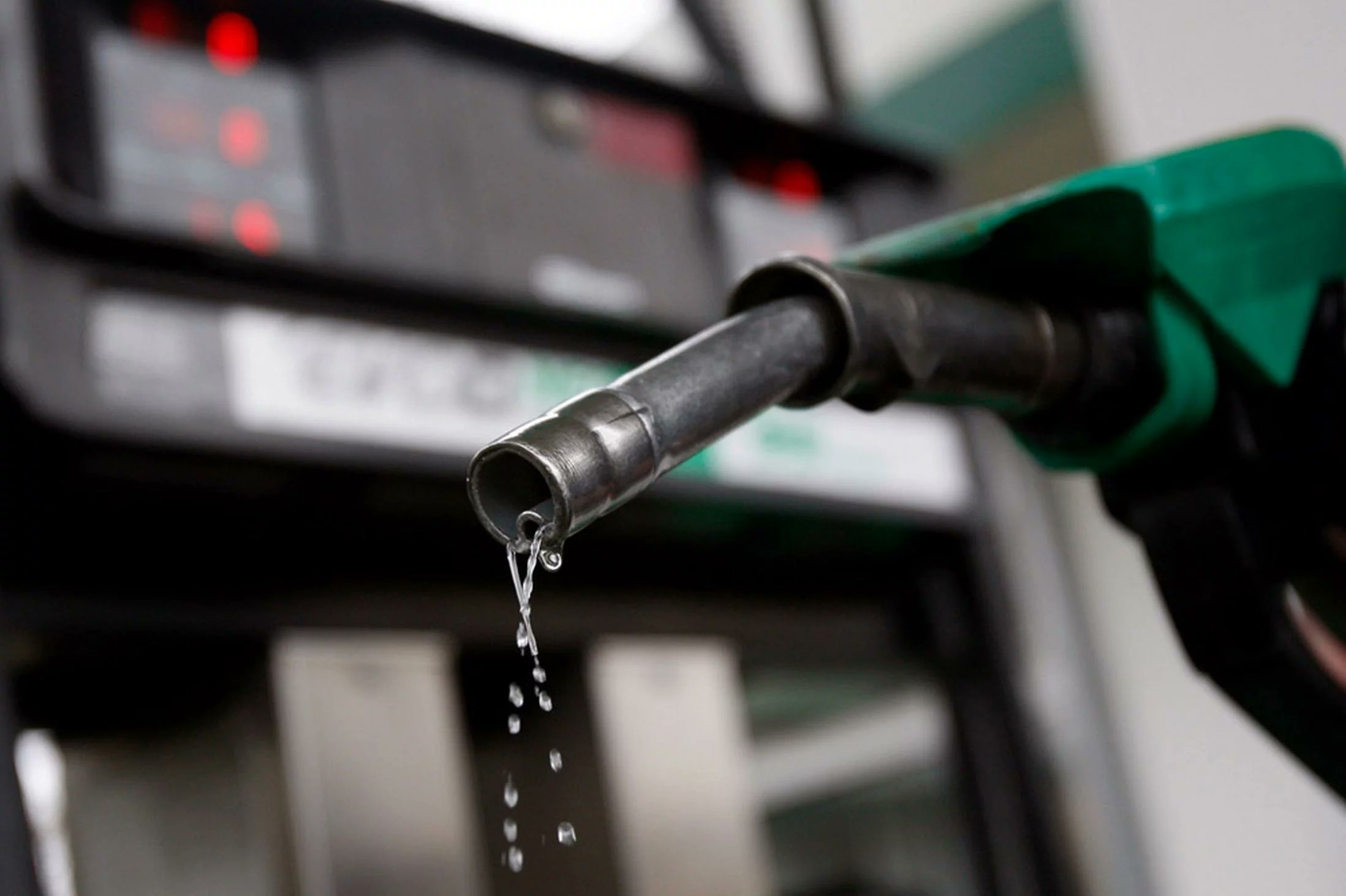Nigerians may soon face another round of fuel and diesel price increases as the Federal Government (FG) and the House of Representatives intensify efforts to enforce a 5% road user charge on petroleum products. This development, discussed during a recent investigative hearing by the House of Representatives Ad-Hoc Committee in Abuja, has sparked widespread concern among citizens already grappling with economic pressures. The proposed charge, rooted in the Federal Roads Maintenance Agency (FERMA) Amendment Act of 2007, aims to fund the maintenance of Nigeria’s crumbling road infrastructure but could significantly impact transportation costs and inflation.
The Push for the 5% Road User Charge
The 5% road user charge, long dormant in the FERMA Act, is now at the forefront of discussions as the government seeks sustainable funding for road maintenance. The charge would be levied on every litre of petrol and diesel sold across the country, with the revenue split between federal and state road maintenance agencies. According to the FERMA Act, 40% of the funds will go to FERMA for federal road upkeep, while the remaining 60% will be allocated to state road maintenance agencies to address local infrastructure needs.
During the investigative hearing, Mohammed Goroyo, the Minister of State for Works, painted a stark picture of Nigeria’s road maintenance crisis. He revealed that the country requires approximately ₦800 billion annually to maintain its vast network of federal roads. However, FERMA’s budgetary allocations have consistently fallen short of this figure. In 2023, FERMA received ₦76.3 billion, which increased to ₦103.3 billion in 2024 and is projected to reach ₦168.9 billion in 2025. Despite these increments, the funding gap remains a significant hurdle, prompting the government to revisit the road user charge as a viable solution.
Addressing Non-Compliance
The House Ad-Hoc Committee, chaired by Hon. Olayide Owolabi Adelami, clarified that the 5% charge is not a new tax but an existing provision that has been largely ignored. The committee pointed fingers at the Nigeria Midstream and Downstream Petroleum Regulatory Authority (NMDPRA), accusing it of non-compliance with the FERMA Act. The NMDPRA, responsible for regulating the petroleum sector, has reportedly failed to enforce the collection and remittance of the road user charge, leading to significant revenue losses for road maintenance.
“This is not about introducing a new tax burden on Nigerians,” Hon. Adelami emphasized during the hearing. “It’s about ensuring that an existing law is implemented to address the deplorable state of our roads, which affects businesses, commuters, and the economy at large.” The committee’s investigation aims to uncover the reasons behind NMDPRA’s non-compliance and ensure that the charge is fully integrated into fuel pricing mechanisms.
The Economic Context
The push for the road user charge comes at a time when Nigerians are experiencing a rare reprieve in fuel prices. Recent reports indicate that petrol prices have dropped to between ₦875 and ₦895 per litre in some parts of the country, largely due to increased local supply from the Dangote Refinery. This price reduction has provided some relief to consumers and businesses, particularly in the transportation sector, which has been battered by volatile fuel costs in recent years.
However, the introduction of the 5% road user charge could reverse these gains. For instance, a ₦5 charge per litre of petrol or diesel could add ₦50 to ₦100 to the cost of filling a typical vehicle’s fuel tank, depending on its capacity. This increase would likely ripple through the economy, driving up transportation costs, food prices, and other essential goods, further straining Nigeria’s inflation-weary population. In 2024, Nigeria’s inflation rate hovered around 32%, and additional fuel costs could exacerbate economic challenges for low- and middle-income households.
The State of Nigeria’s Roads
Nigeria’s road infrastructure is in dire need of attention. From pothole-riddled highways to eroded rural roads, the poor state of transportation networks has long been a pain point for citizens and businesses alike. According to the Ministry of Works, over 50% of Nigeria’s federal roads require urgent repairs or reconstruction. Poor road conditions contribute to frequent accidents, prolonged travel times, and increased vehicle maintenance costs, all of which hinder economic productivity.
The FERMA Amendment Act was designed to address these challenges by creating a steady revenue stream for road maintenance. However, the failure to enforce the 5% charge has left FERMA underfunded and unable to meet its mandate. The proposed enforcement of the charge is seen as a critical step toward improving road quality, but it comes with the trade-off of higher fuel costs for consumers.
What’s Next?
The House Ad-Hoc Committee has given NMDPRA a deadline to address its non-compliance and provide a roadmap for implementing the 5% charge. Meanwhile, FERMA has been tasked with outlining a detailed plan for how the funds will be used to improve road infrastructure. The committee has also called for public sensitization campaigns to educate Nigerians about the purpose of the charge and its potential benefits.
As the government moves forward with this policy, Nigerians are bracing for its impact. While better roads could improve connectivity and economic activity, the immediate effect of higher fuel prices is likely to dominate public discourse. For a nation already navigating economic challenges, the balance between infrastructure development and affordability will be a delicate one to strike.
Join our Whatsapp channel to stay updated always!



9rjkpe
r6vt51
m0h44k
au5ztn
t2forn
g9b5y4